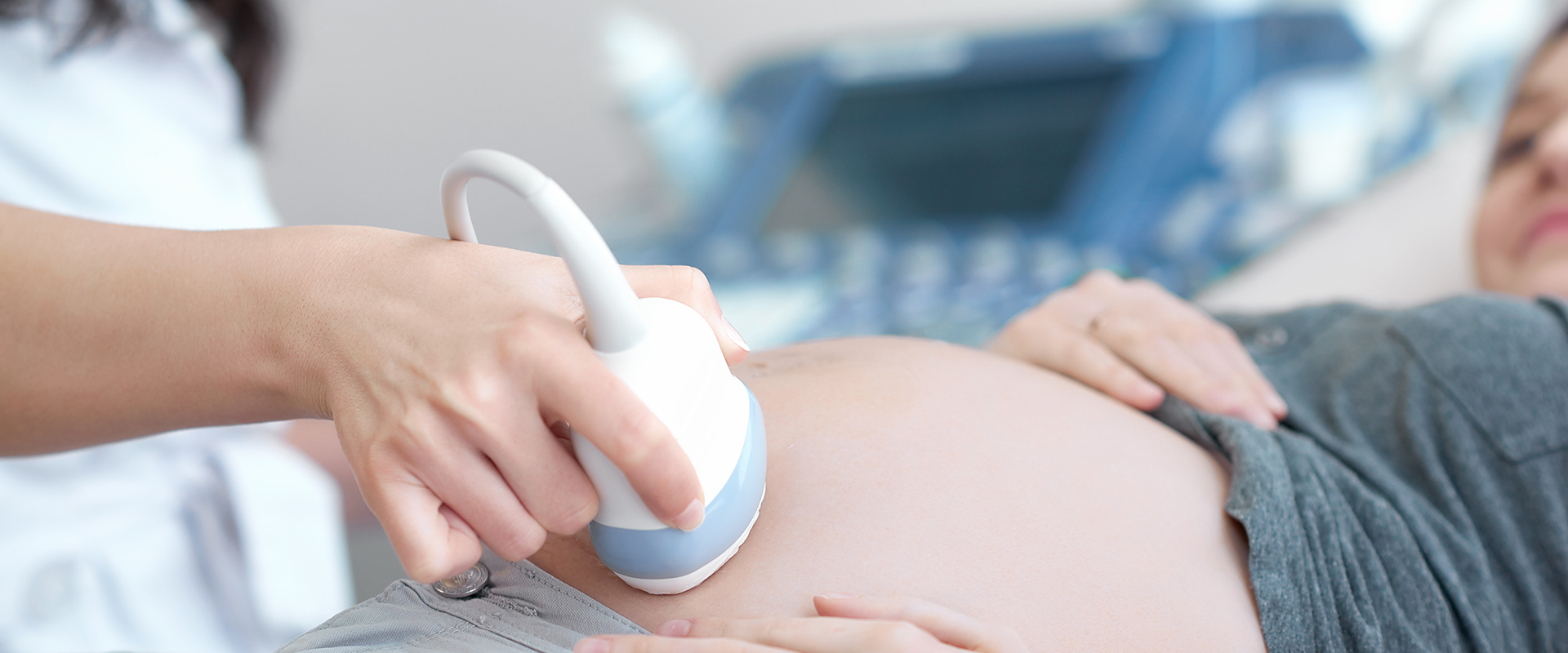Screening for Down Syndrome - Safe for Baby, Peace of Mind for Mommy


The risk of having a child with chromosomal abnormalities, such as Down syndrome (Trisomy 2 I ), Edward syndrome (Trisomy 18) and Patau syndrome (Trisomy 13), increases with age.
It is a known fact that early detection and screening of Down syndrome can lead to several benefits. You might also prevent several issues by knowing the condition early on before it can lead to other problems in the body.
Here're several tests that you can take during your pregnancy:

Diagnostic tests for trisomies detection, such as Amniocentesis and chorionic villus sampling (CVS), are invasive and impose a risk of miscarriage in the pregnancy.
You can now avoid this risk with a NICC test that can be done any time after 12 weeks of pregnancy. NICC is a simple, safe and accurate test for common chromosomal abnormalities detection.
NICC test only requires the blood sample of the mother. Therefore, there's no risk to the baby. In addition, it can detect more than 99% of Down syndrome, Edward syndrome and Patau syndrome.
This is one of the best and recommended tests you should take!
Expanded AFP Screening is a fundamental blood test performed between 15 and 20 weeks of pregnancy. The blood test results are integrated with a woman's age to measure the personal risk of bearing a fetus with Down syndrome.
The blood test reveals the danger of open neural tube defects, trisomy 18 and stomach wall flaws. There is an 85% detection rate among females below 35 years of age for developing neural tube problems, in addition to a 60% danger for both Down syndrome and trisomy 18. The detection danger will be higher among those beyond 35 years old.
This test can diagnose conditions in the chromosomes but not all congenital disabilities.
Nuchal Translucency Screening, or NT, is a new non-invasive diagnostic test done early during pregnancy to check whether women have an increased danger for Down syndrome and other birth flaws.
The results are combined with the mom's age to understand if there is an adjusted threat for Down syndrome. The rate of Down syndrome detection is around 80%.
Amniocentesis is usually done to find chromosomal issues like Down syndrome. In addition, the treatment is done to discover other illnesses like Tay-Sachs disease, sickle cell illness and cystic fibrosis if the fetus is at risk.
CVS is like Amniocentesis, which identifies problems with chromosomes, like Down syndrome. However, it is more advantageous than Amniocentesis, given that it is done earlier during pregnancy, at around 10 to 12 weeks.
A small piece of tissue is taken from the placenta during the procedure. The tissue is taken through a needle in the abdominal area or a catheter inserted through the cervix. You can get the results in about 2 weeks.
Ultrasound is done to check the status of the pregnancy, considering aspects like fetal size, due date and variety of gestations. Ultrasound can offer information regarding the possible birth irregularities in a fetus. A thorough ultrasound exam might be needed before other tests are done.
It is a known truth that early detection and screening of Down syndrome can lead to several advantages. The blood test results are combined with the age of a female to measure the personal danger of bearing a fetus with Down syndrome.